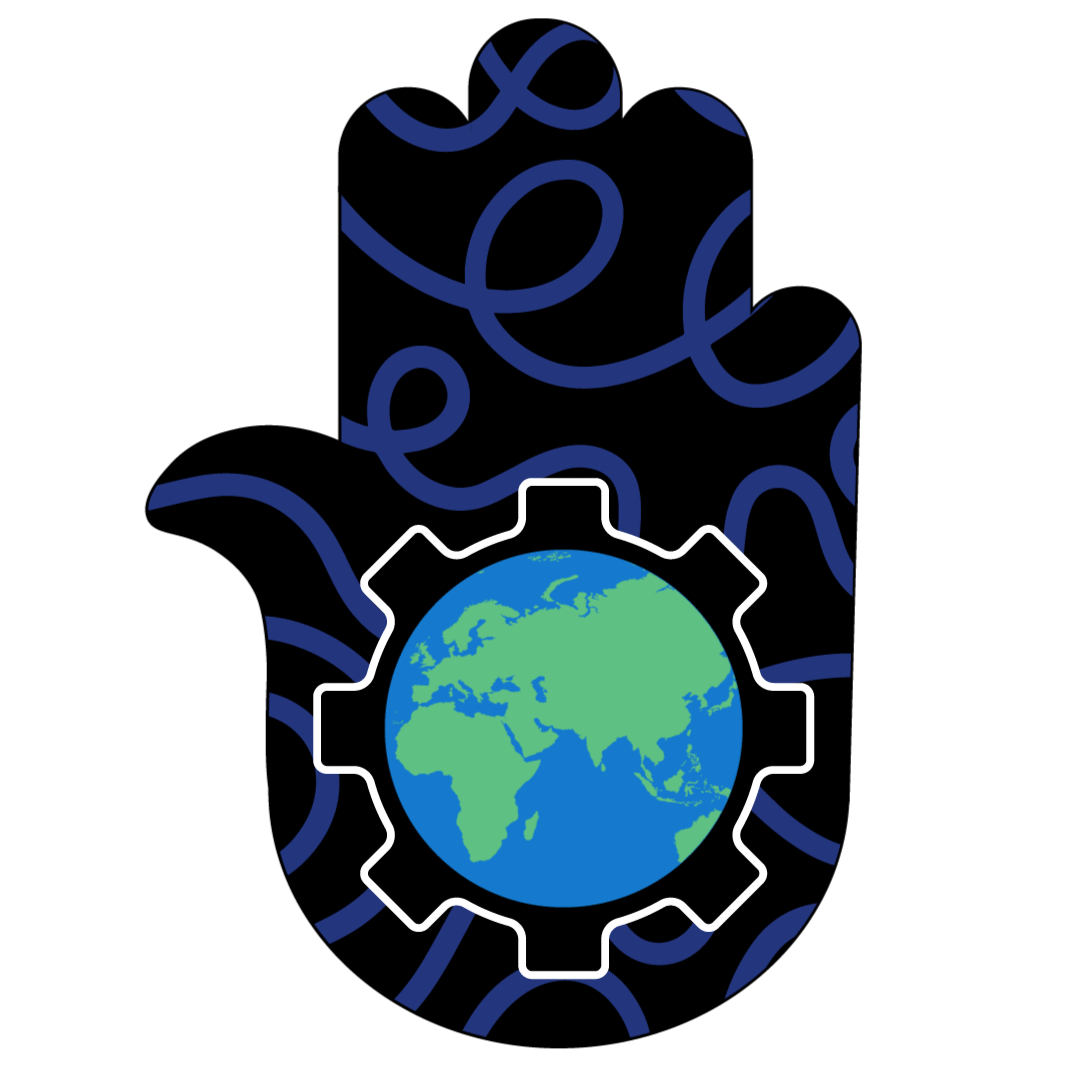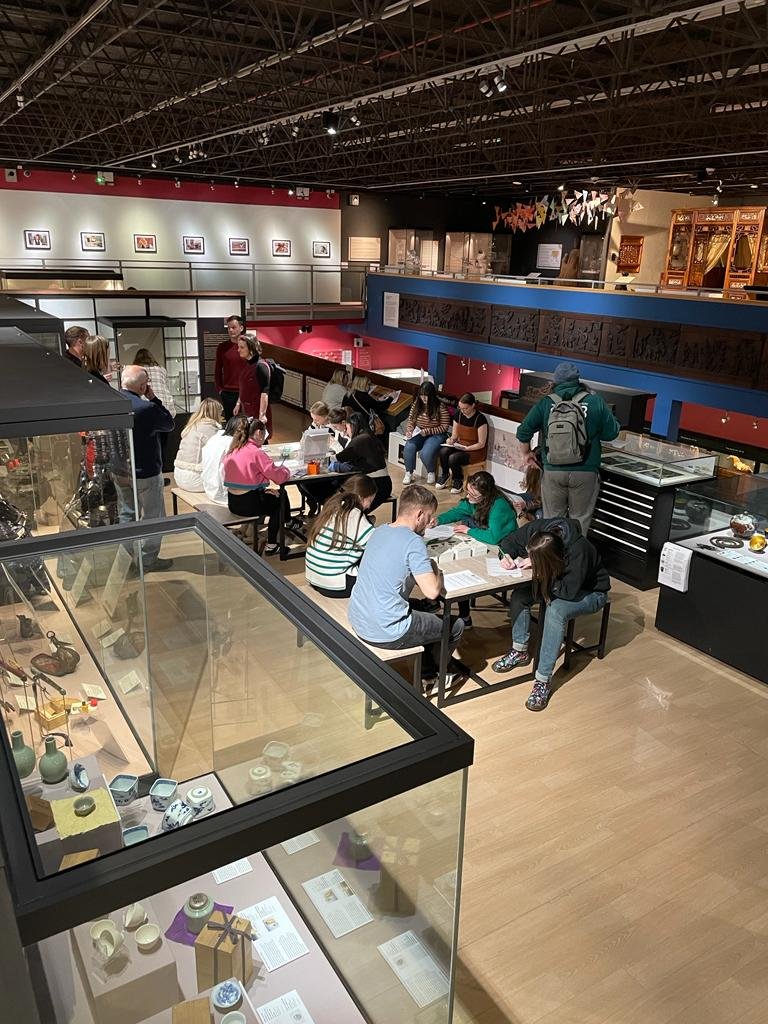Teacher Training at the Oriental Museum
On Tuesday March 14 Felicia, Rémi and Floris went to the Oriental Museum in Durham in order to run a teacher training day for Durham University School for Education’s PGCE students as part of a continued collaboration with the University’s Library and Collections Learning and Engagement team. These sessions are aimed at exploring how to engage primary-school-aged children with questions around migration, cultural diversity, and inclusion via material culture and object-centred learning. This is part of an ongoing project that we hope will become a central part of the trainee-teachers’ experience, while also continuing to develop our cooperation with the wonderful team at the Durham Oriental Museum.
Together with the fantastic Ross Wilkinson, the ULC’s learning and engagement manager, we had designed three sessions for the day. In the first session students got the opportunity to explore the museum in order to ‘discover’ languages. It was a lot of fun to see the students place themselves in the shoes of their future pupils by copying and embodying the languages whilst learning about their relations and chronologies. After the first session, students were invited to get hands-on with some of the amazing objects at the museum, in order to explore their features and biographies. They handled a variety of items, from a Graeco-Egyptian rooftile to a Himalayan yak-farmer’s cheese box. After lunch we once again went out into the galleries where students designed their own teaching and learning activities based around selected cross-cultural objects. They all came up with fantastic and inspiring ideas that would help them engage their future pupils with museums and material heritage.
We received brilliant feedback from the Museum’s Learning and Engagement Team, the School of Education, and the students themselves, who felt that the day had made them more confident about taking their students to museums in the future and stated that they planned to incorporate museum-based learning in their teaching. They also felt that collections would help them address issues of migration, globalisation, and cross-cultural connections in the classroom. Many of the students told us that the sessions had given them tools with which to address issues of migration, globalisation, and cross-cultural connections through their teaching of history, which is a fantastic. The supervising mentor of the students even stated that the day had enabled these future teachers “to be more capable and confident in planning meaningful learning episodes ensuring access for all ethnicities, faiths and cultures allowing today’s trainees to deliver positive messages in tomorrow’s classrooms.” We couldn’t have hoped for a better outcome!
All in all, it was an exciting and productive day and we are all looking forward to the next session in May which will be held with first year BA students.




